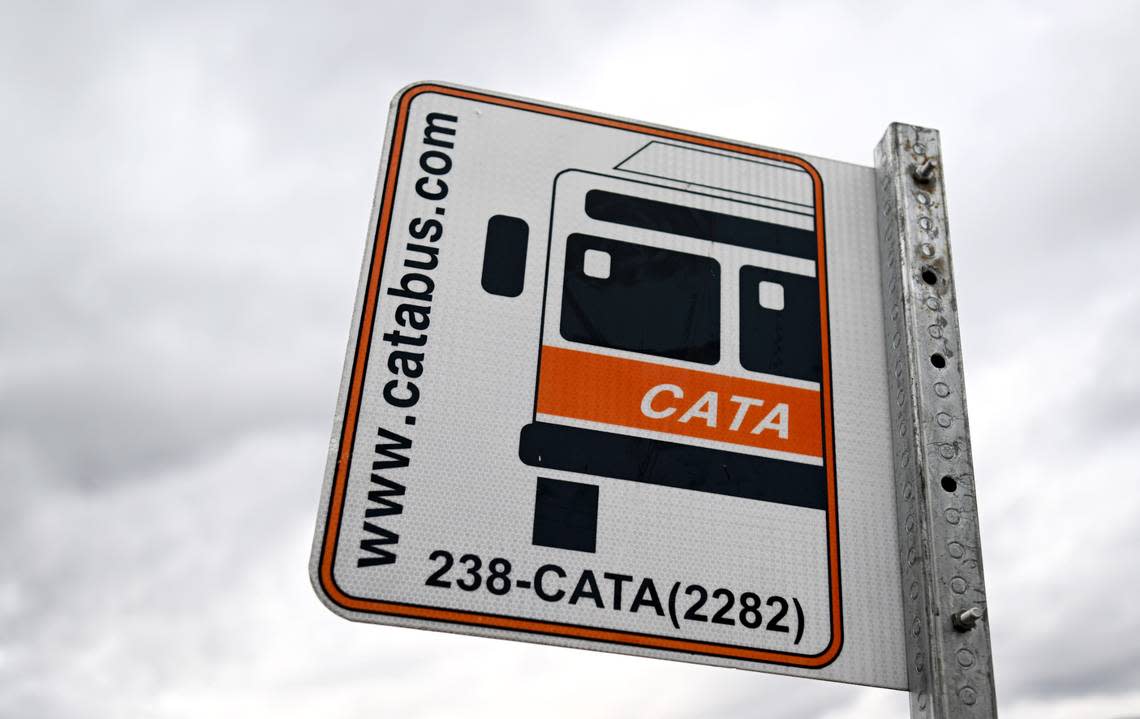Opinion: CATA service cuts show who’s valued in Centre Region

The Centre Region isn’t accessible for working families.
It’s considered rude to say it out loud, but it’s a reality we need to face. Take your pick of reasons. Median home listing prices are $409.9K, well over the statewide median of $265K. Too many residents make the right noise about affordable housing, provided it’s built a comfortable distance away from them. Too many employers take advantage of their workers, as we’ve seen in repeated and consistent reports of wage theft. Too many landlords take advantage of their tenants, as we’ve seen in repeated cases brought by the Attorney General’s office.
The difficulties facing working people shouldn’t be a shock. When many of our leading employers, like Penn State, model a mode of management that treats employees as disposable, and treats workers organizing for dignity and a voice on the job as though it’s a threat, we can’t be surprised when the result is decreased standards for workers and tougher times for working people.
But despite the wide range of reasons, the most recent one is the decision to cut Centre Area Transportation Authority services to Bellefonte, driving home just who’s valued in the Centre Region.
CATA is a keystone for Centre County. It provides essential services for working people and for Penn State students, making the Centre Region and beyond accessible to residents. Not only that, CATA employs workers who benefit from good, union jobs organized with AFSCME, the largest union for commonwealth, county, municipal, and intergovernmental agency employees in Pennsylvania.
It can be a leader for what we want from our region, and a model for how providing services and good employment can make our community more accessible. But cutting service to Bellefonte doesn’t do that. It makes jobs, good employment, and government services less accessible to working people.
It’s even worse given the wildly unaffordable housing in the core parts of State College, which offers the widest range of employment opportunities in the area. Combine that with the attitude of indifference to the crisis by many well-heeled State College residents that protest about “the character of our community” in coded terms to preserve a State College inaccessible to working people, and you have a clear message: Happy Valley is only happy for those that can afford it.
It doesn’t need to be that way. We have the tools to change it, and a community that increasingly recognizes the problem and is committed to fixing it.
But to do that, we need to work together. We need to talk about expanding public transportation services in a way that supports working people through increased service options and good paying union jobs. We need local government, like we now have in the State College Borough Council, that understands that Happy Valley needs to include everyone, and that services like CATA help make that happen. We need hard, public discussions about what employment looks like in our area, and what we can do to improve it. And we need unwavering support for workers organizing their workplace, and for their right to form and join a union of their choosing.
Most importantly, we need to continue building a community that prioritizes solutions for working families over the pearl-clutching of a minority willing to reap the benefits of working people’s labor, so long as those working people live somewhere else.
This is all achievable. We have the tools, the resources, the resolve, and the elected officials to make it happen.
What achieving it takes is confronting and naming the problem head on, and choosing to think differently about what our community can be. Right now, the “character of our community” is one that too often tosses working families aside. It’s time for it to change.
Connor Lewis is a member of The NewsGuild-CWA Local 32035, and president of Seven Mountains AFL-CIO.

